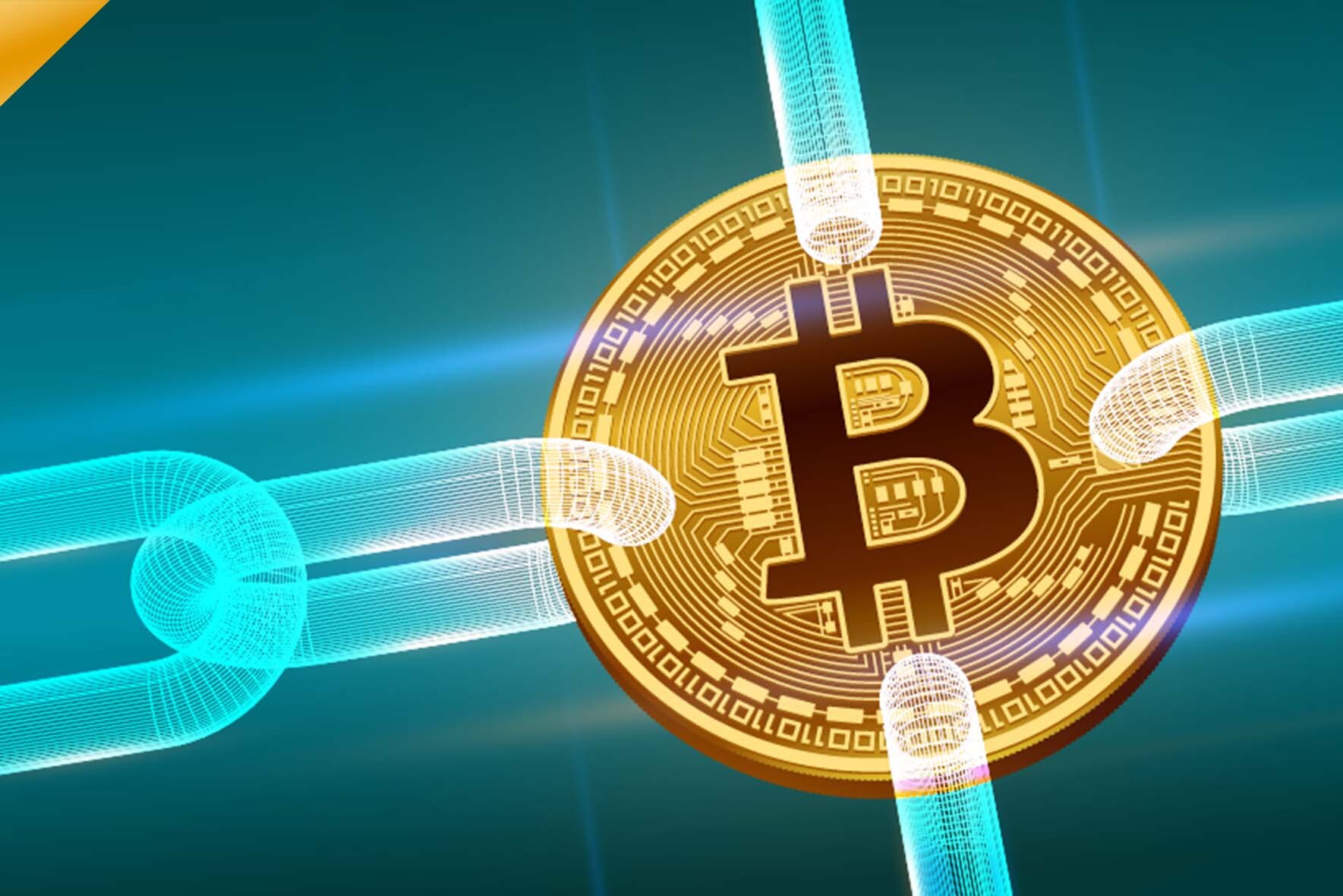
Everything You Need to Know About the Binance Clampdown in Nigeria
Author Taiwo Temitope-Adesope
Imagine you wake up one morning in February 2024, eager to buy some Bitcoin on Binance, the world's leading cryptocurrency exchange. But instead of the usual interface, you're met with an error message. This wasn't a technical glitch; it marked the beginning of a dramatic turn of events for Binance in Nigeria, Africa's most populous nation.
In this blog post, we'll delve into the entire story of the Binance clampdown in Nigeria in 2024, providing a comprehensive timeline, exploring the reasons behind it, and discussing its ongoing impact.Timeline of Events: February - March 2024
The situation unfolded rapidly in early 2024. Here's a breakdown of the key events:
- February 20th: Binance suspends its peer-to-peer (P2P) platform in Nigeria, a popular option for buying and selling crypto using the local Naira currency. This move often signifies a cautious approach by an exchange, anticipating potential regulatory hurdles.
- Later in February: Rumors swirl about the Nigerian government planning to block cryptocurrency websites entirely. This lack of clarity and transparency caused uncertainty for both users and cryptocurrency businesses.
- February 21st: The fears materialize as Nigerians discover they can't access the Binance website through mobile internet. This move, while not officially confirmed by the government, sent a strong message.
Reasons for the Clampdown
The Nigerian government's clampdown on Binance stemmed from a confluence of factors. Here are some of the most cited reasons:
- Concerns about Criminal Activity: Nigerian authorities have expressed worries that cryptocurrencies can be used to facilitate money laundering, fraud, and other illegal activities. The anonymous nature of some crypto transactions makes them attractive to criminals, and Nigeria has a history of battling financial crime.
- Undermining the Naira: The Central Bank of Nigeria (CBN) has a strong interest in maintaining control over the country's fiat currency, the Naira. The rise of cryptocurrencies like Bitcoin presents a potential challenge, as they offer an alternative store of value and medium of exchange. The CBN may be concerned about capital flight, where Nigerians might convert their Naira to crypto and move it outside the traditional financial system.
- Regulatory Ambiguity: The legal status of cryptocurrency in Nigeria remains unclear. There are currently no specific regulations governing cryptocurrency exchanges or transactions. This lack of clarity creates uncertainty for both businesses and users, and it may have motivated the government to take a more cautious approach towards Binance.
It's important to note that these are just some of the possible reasons behind the clampdown. The Nigerian government hasn't officially disclosed its full rationale. However, understanding these concerns can help us piece together the bigger picture.
Impact of the Clampdown
The Binance clampdown in Nigeria sent shockwaves through the country's cryptocurrency community and beyond. Here's a breakdown of the impact on various stakeholders:
Impact on Nigerian Cryptocurrency Users:
- Limited Access: Nigerian crypto users lost a major platform for buying, selling, and trading cryptocurrencies. This limited their options and potentially increased transaction costs as they had to turn to alternative exchanges or P2P platforms.
- Increased Uncertainty: The clampdown created a climate of uncertainty for Nigerian crypto users. Without clear regulations, they may be hesitant to invest in crypto due to concerns about legality and potential future restrictions.
- Potential for Black Markets: Strict limitations can push users towards unregulated P2P platforms or even black markets. This raises security risks and exposes users to potential scams and fraud.

Impact on Binance
- Loss of Market Share: Nigeria is a significant market for cryptocurrency adoption, and Binance's exit represents a loss of a sizable user base.
- Reputational Damage: The clampdown could potentially damage Binance's reputation in other African countries and emerging markets with similar regulatory environments.
- Increased Scrutiny: This situation could attract more scrutiny from other governments considering regulations around cryptocurrency exchanges.
Broader Implications for Nigerian Regulation
- Need for Clarity: The Binance clampdown highlights the urgent need for clear and well-defined cryptocurrency regulations in Nigeria. This would provide a framework for both businesses and users to operate within.
- Potential for Innovation: Clear regulations could pave the way for innovation in the Nigerian fintech space, attracting new businesses and fostering the development of a secure and legitimate crypto ecosystem.
- Global Impact: Nigeria's actions could influence other African countries grappling with how to approach cryptocurrency regulation. A well-defined regulatory framework in Nigeria could serve as a model for others.
As of now, May, 2024, the situation between Binance and the Nigerian government remains unresolved. Here's a glimpse into the ongoing developments:
- Uncertainties Persist: With the case ongoing, there's no clear indication of when or how the situation might be resolved. This lack of clarity continues to cast a shadow over the Nigerian cryptocurrency market.
- CBN's Continued Stance: The Central Bank of Nigeria (CBN) has maintained its cautious stance on cryptocurrencies. They've recently reiterated their preference for a Central Bank Digital Currency (CBDC) as a more controlled alternative.
Looking towards the future, there are several possibilities
- Reaching an Agreement: Binance and the Nigerian government could potentially reach an agreement that allows Binance to resume operations under a set of clear regulations. This scenario would be positive for both parties and the Nigerian crypto community.
- CBN's CBDC Takes Center Stage: The CBN's CBDC could potentially gain traction if it offers Nigerians a secure and convenient alternative to private cryptocurrencies. However, its success would depend on factors like user adoption and integration with existing financial systems.
Conclusion
The Binance clampdown in Nigeria serves as a cautionary tale and a microcosm of the broader conversation around cryptocurrency regulation. While the situation remains fluid, it underscores the need for clear regulations that protect users and foster innovation in the cryptocurrency space. Only time will tell how this story unfolds, but one thing is certain: Nigerians' interest in cryptocurrency is unlikely to disappear, and the regulatory landscape will undoubtedly evolve to address this growing phenomenon.
About Author

Taiwo Temitope-Adesope
Taiwo is a passionate storyteller and strategist dedicated to empowering women and crafting compelling narratives. A First-Class graduate in Mass Communication from Covenant University, she specializes in writing, public relations, and digital marketing. As a Content Manager at Suretree, she drove a 50% increase in web traffic through SEO and boosted website engagement by 60% in just four months. Her leadership experience includes serving as Public Relations Officer for the Covenant University Student Council and contributing to impactful volunteer initiatives. With expertise in strategic thinking and business acumen, Taiwo continues to create stories that inspire confidence and imagination.
.png?width=1615&height=444&name=nairaCompare%20Christmas%20logo%20(PNG).png)








